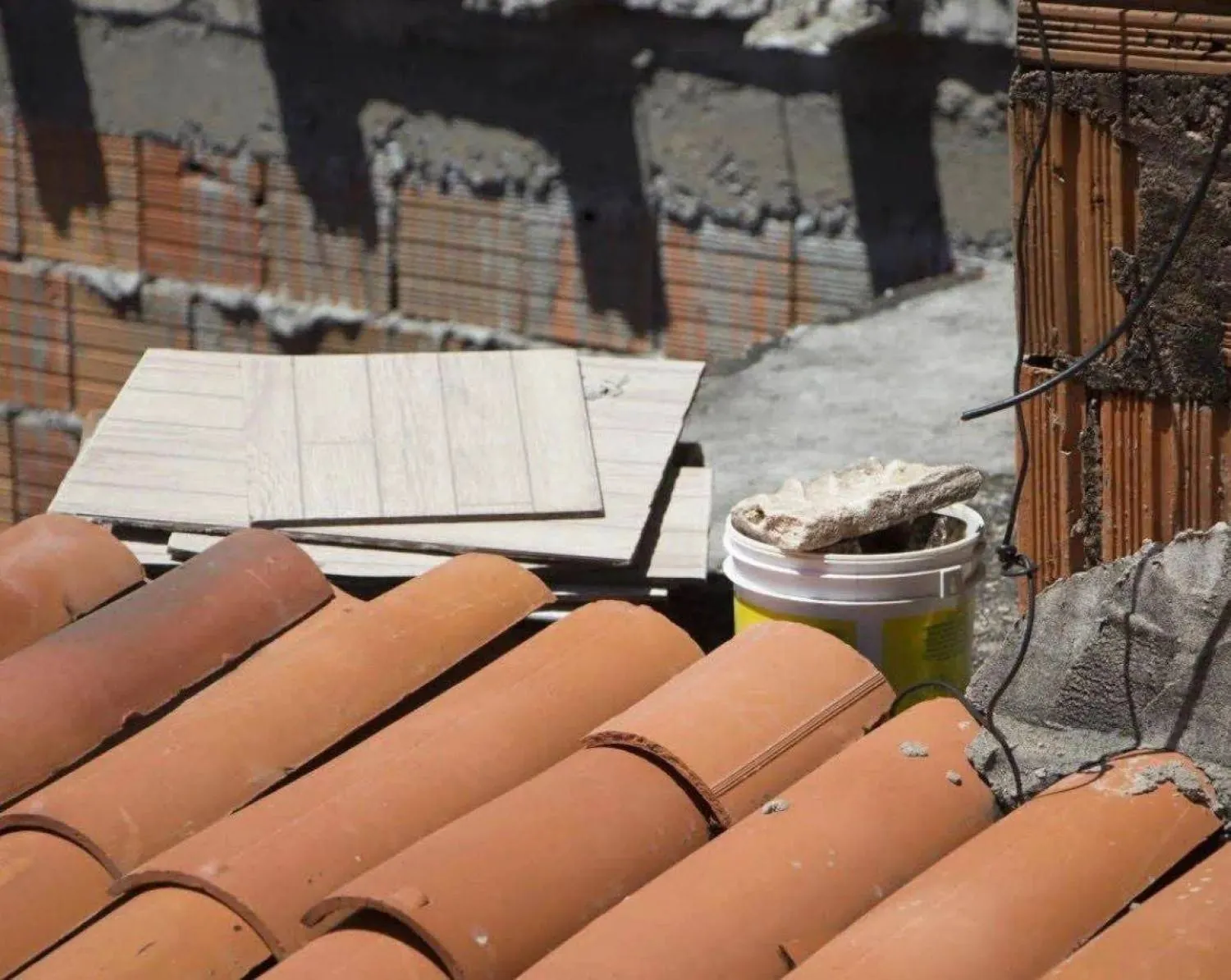Saudi Minister of Islamic Affairs, Call and Guidance Sheikh Saleh bin Abdulaziz bin Mohammed Al-Sheikh warned on Sunday that Iran’s Wilayet al-Faqik regime is seeking to change the identities of Muslim Sunni societies throughout the Islamic world.
It wants to replace them with another identity and establish militias in every country, he told the 11th Executive Council of the conference of the Islamic Affairs and Endowments Ministers of the Islamic World held in Makkah.
The ministries of Islamic affairs in the Muslim world must exert a lot of efforts to confront ideology with ideology and cement the Sunni creed in Sunni societies, he urged.
Al-Sheikh said that societies should be vigilant to attempts by other creeds to infiltrate Sunni ranks.
In addition, he highlighted the threat of terrorism, “takfir” and violence in the Muslim world, whether in Saudi Arabia, Syria, Iraq, Egypt, Morocco or some African countries through organizations such as al-Qaeda, ISIS and Boko Haram.
He expressed optimism that the Executive Council meeting was “productive”, noting that all gatherers had a sense of unity in facing a common threat.
“They agreed to work together to ensure that this religion remains pure and that it would not be infiltrated by any flawed thought that is aimed at tarnishing its image or veering Muslims off the right path,” he stressed.
Egypt’s Awqaf Minister Dr. Mohammed Mokhtar Jomaa emphasized the need for working on common factors during this “very difficult time.”
“There is no doubt that the region is passing though a difficult phase and our nation is being targeted,” he noted.
This war is taking on “numerous open and hidden forms,” he warned.
He accused extremist groups, “that do not represent us, of usurping religious rhetoric. We must exert great efforts to instead project the correct image to the world.”
Jordan’s Awqaf Minister Dr. Abdul Nasser Abou Basal said that the several major challenges can only be confronted with knowledge and strategic planning.









